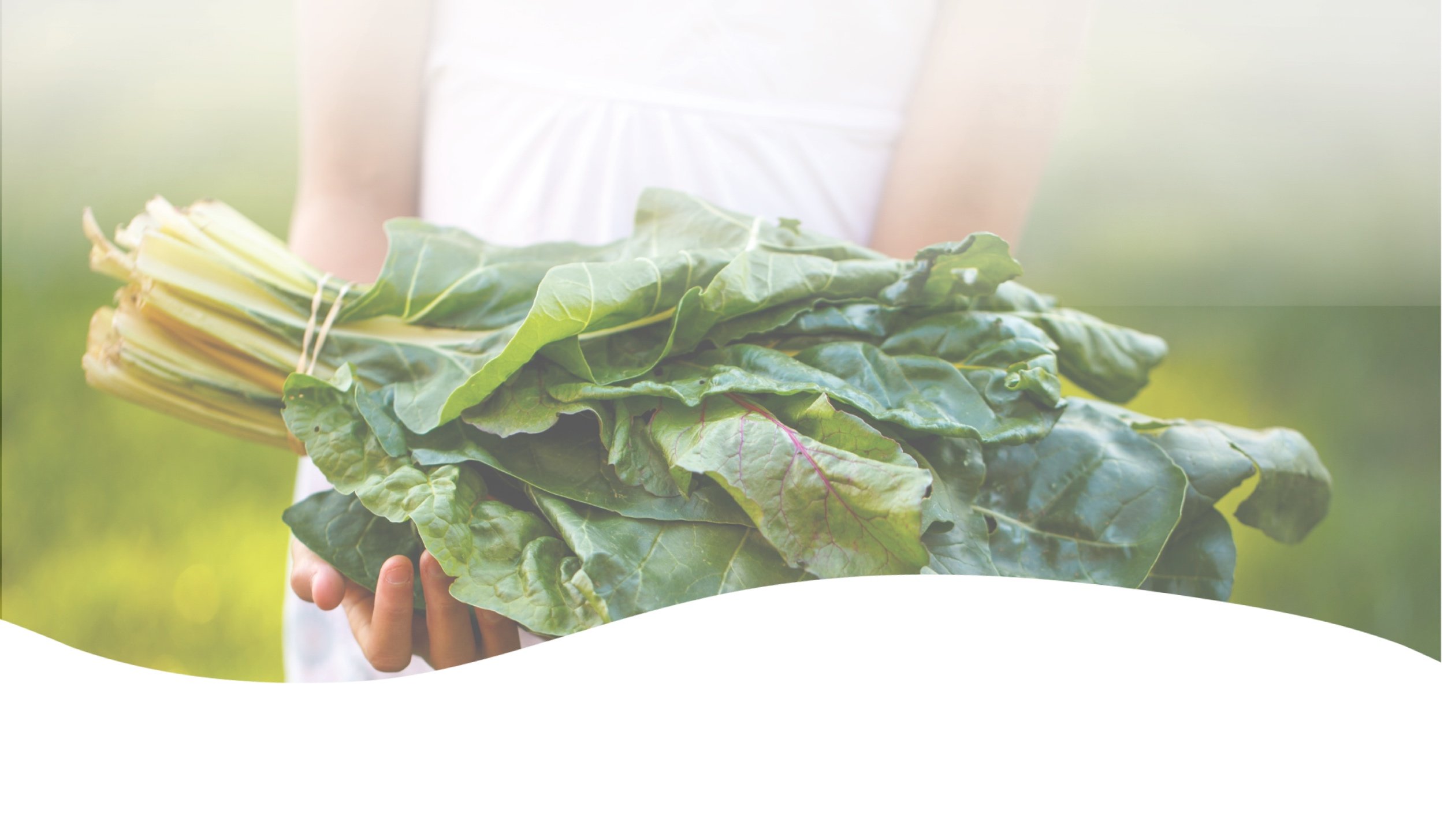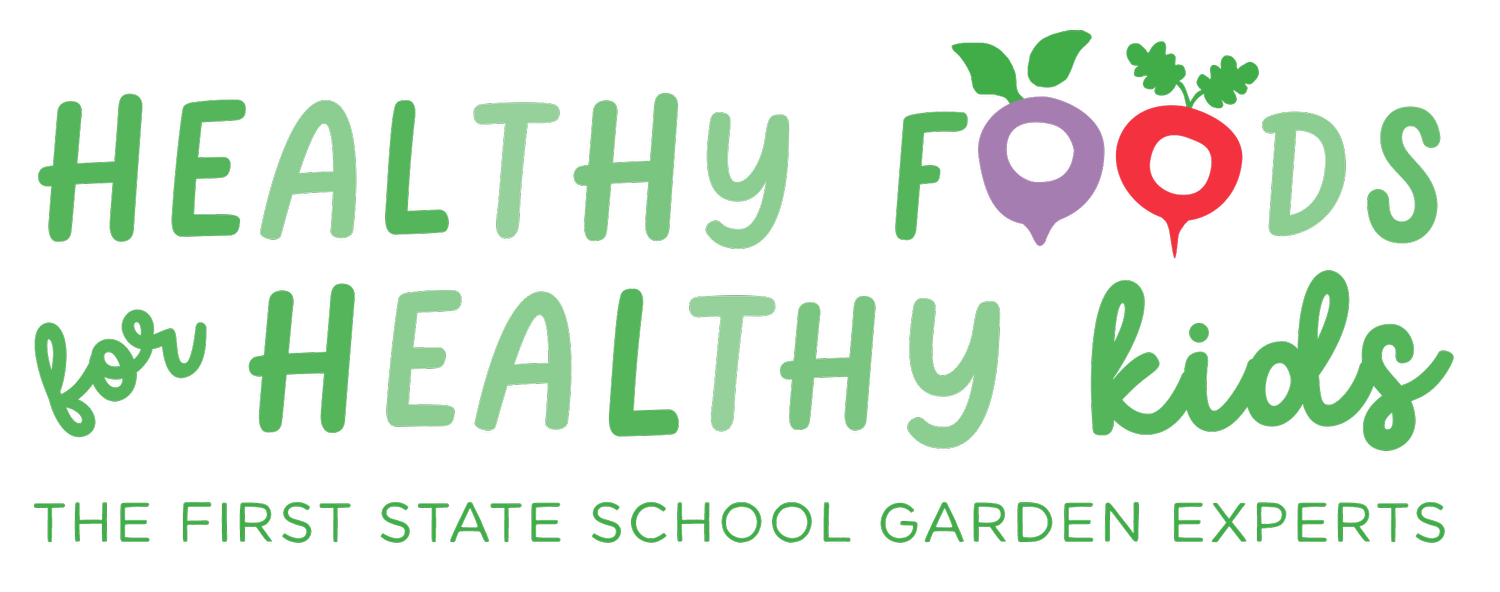
Our SCHOOL
GARDEN PROGRAM
We are “THE FIRST STATE
SCHOOL GARDEN EXPERTS!”
Teachers in our program give children lasting life skills and knowledge of good nutrition and health through the science curriculum and multi-year garden experiences. We not only create fun learning experiences in our school gardens; we plant the seeds of a lifetime of healthy eating habits.
While HFHK works with K-8 students, most of our schools are K-5 public schools. Our Education Cultivation program allows every student, regardless of age or ability, to engage in hands-on lessons every growing season. We make it practical for large numbers of students to participate in hands-on activities and still maintain a manageably-sized garden space.
The key to our success is based on these principles:
Use fast-growing, cool-weather crops that can be harvested 6 – 8 weeks after planting
Employ intensive gardening practices and direct seeding to allow up to 200 students to plant seeds with their own hands each growing season in a 250-square foot garden
Design lessons so that each grade level has a special job to do in the garden each growing season which links with their science curriculum
“This makes you feel like you can experiment. I will have a garden when I am older. I can experiment more and be a scientist”
Marshall Elementary School 5th grade Student
Education Cultivation lessons provide opportunities for students to use all of their senses and make learning fun, regardless of students’ learning styles and capabilities. Each lesson is ~45 minutes in length, and includes an introductory piece that is taught in the classroom, followed by a hands-on gardening piece. The program can be modified as needed, but typically every student in the school has specific responsibilities:
KINDERGARTEN & FIRST GRADE
plant the seeds, which ties in with their plants and organisms curricula.
SECOND GRADE
prepares the soil at the beginning of the growing season.
THIRD GRADE
waters the garden until the seeds germinate, which ties in with their water-cycle studies. They also receive a vegetable nutrition lesson, which ties in with their human body curriculum.
FOURTH & FIFTH GRADE
harvest the crops, which supports their studies of plant life-cycles and ecosystems.
FIFTH GRADE
also cleans the garden, and composts the garden waste at the end of the growing season.
ALL GRADES
participate in the Harvest Celebrations in the school cafeterias, which feature school-garden grown vegetables.
We adapt and modify this program as necessary for upper level schools.
How Our PROGRAM Works
Healthy Foods for Healthy Kids’ (HFHK) garden may be just the thing for your school. We will help you every step of the way, from designing and building the garden to providing our curriculum and training teachers to use it!
Our IMPACT
Through our school garden program, students grow in their understanding of gardening science and their love of vegetables. It’s an approach proven to teach today’s kids how to have a healthier future - and have fun doing so.

Help Us GROW
Our COMMUNICATIONS
The more you know about our work, the more you’ll understand its impact.
We send subscribers a quarterly newsletter with updates about our program, the participating schools and the people who help contribute to its success. Annual impact reports are big picture summaries that focus on the impact we continue to have in the community and a list of our wonderful supporters.












